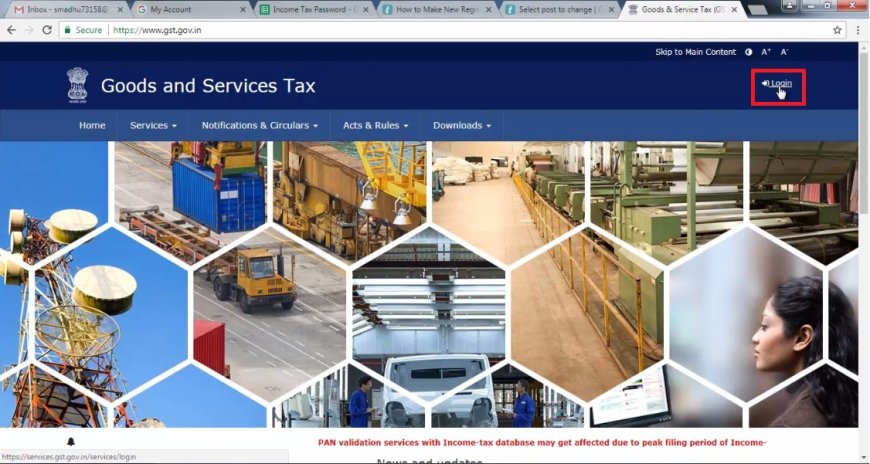Evolution of GST in India
Evolution of GST in India

The idea of a Goods and Services Tax (GST) for India was first mooted sixteen years back, during the Prime Ministership of Shri Atal Bihari Vajpayee. Thereafter, on 28th February, 2006, the then Union Finance Minister in his Budget for 2006-07 proposed that GST would be introduced from 1st April, 2010. The Empowered Committee of State Finance Ministers (EC), which had formulated the design of State VAT was requested to come up with a roadmap and structure for the GST. Joint Working Groups of officials having representatives of the States as well as the Centre were set up to examine various aspects of the GST and draw up reports specifically on exemptions and thresholds, taxation of services and taxation of inter-State supplies. Based on discussions within and between it and the Central Government, the EC released its First Discussion Paper (FDP) on GST in November, 2009. The FDP spelled out the features of the proposed GST and has formed the basis for the present GST laws and rules.
In March 2011, Constitution (115th Amendment) Bill, 2011 was introduced in the Lok Sabha to enable levy of GST. However, due to lack of political consensus, the Bill lapsed after the dissolution of 15th Lok Sabha in August 2013.
On 19th December, 2014, The Constitution (122nd Amendment) Bill 2014 was introduced in the Lok Sabha and was passed by Lok Sabha in May 2015. The Bill was taken up in Rajya Sabha and was referred to the Joint Committee of the Rajya Sabha and the Lok Sabha on 14th May, 2015. The Select Committee submitted its report on 22nd July, 2015. Thereafter, the Constitutional Amendment Bill was moved on 1st August 2016 based on political consensus. The Bill was passed by the Rajya Sabha on 3rd August 2016 and by the Lok Sabha on 8th August 2016. After ratification by required number of State legislatures and assent of the President, the Constitutional amendment was notified as Constitution (101st Amendment) Act 2016 on 8th September, 2016. The Constitutional amendment paved way for introduction of Goods and Services Tax in India.
After GST Council approved the Central Goods and Services Tax Bill 2017 (The CGST Bill), the Integrated Goods and Services Tax Bill 2017 (The IGST Bill), the Union Territory Goods and Services Tax Bill 2017 (The UTGST Bill), the Goods and Services Tax (Compensation to the States) Bill 2017 (The Compensation Bill), these Bills were passed by the Lok Sabha on 29th March, 2017. The Rajya Sabha passed these Bills on 6th April, 2017 and were then enacted as Acts on 12th April, 2017. T 2015. 6 on 08.09.2016
Thereafter, State Legislatures of different States have passed respective State Goods and Services Tax Bills. After the enactment of various GST laws, GST was launched with effect from 1st July 2017 by Sh.Narendra Modi, Hon'ble Prime Minister of India in the presence of Sh.Pranab Mukherjee, the then President of India in a mid-night function at the Central Hall of Parliament of India.

 ଆମ ବିକାଶ
ଆମ ବିକାଶ 





